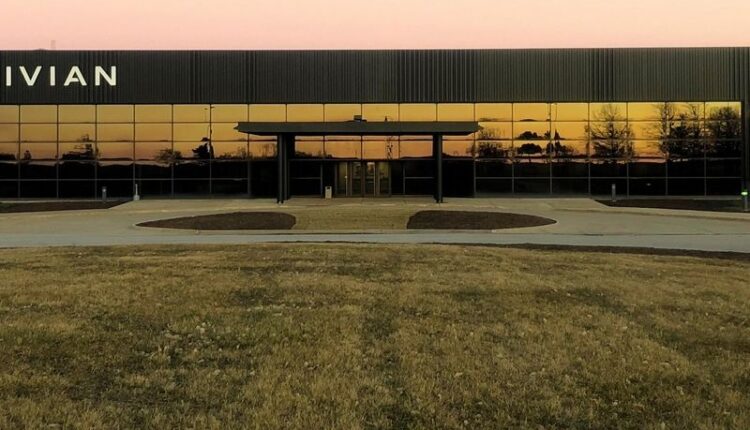For a rare change, Illinois has a chance to really compete in such a growth area. Be it U.S. Sen. Tammy Duckworth, D-Ill., helping get money to build electric charging stations; Sen. Dick Durbin, D-Ill., meeting with the CEO of industry player Rivian; or Gov. J.B. Pritkzer bragging about new companies he’s bought here, vehicle electrification has become a favorite baby that the pols can kiss.
But it wouldn’t be Illinois if there wasn’t a fly in the ointment.
The biggest questions concern EV maker Rivian, which has converted the sprawling former Mitsubishi plant in downstate Normal into a production center that soon will start rolling out product. It’s the star of Illinois’ EV industry, and it’s currently the company’s only assembly plant.
But ask whether Illinois is in the running for a second plant that the company recently announced it wants to build somewhere in America, and everyone is uncharacteristically mum.
“It’s confidential,” insists Team Pritzker, which like most groups usually is willing to talk, at least privately, about all of the job opportunities the boss is laboring to bring home.
Maybe there’s some secret hush-hush deal coming that is so big and juicy no one wants to talk about it. Maybe.
Or maybe I ought to listen to some other industry sources out there who say that, while Rivian might have good reasons to locate a new plant elsewhere if only to diversify its workforce, it doesn’t help that the auto industry recently has experienced some speed bumps in a state not known for being business-friendly.
Like automaker Stellantis, which owns the Jeep Cherokee factory in Belvidere near Rockford.
Despite the impact of COVID restrictions that required the plant to shut down for a while and then a severe shortage of computer chips that has hobbled automakers worldwide, Stellantis recently was informed by the state that it’s losing its roughly $9.5 million-a-year Edge tax credit because it’s fallen short of its employment goals. State officials say they had to enforce the Edge contract and suggest the company had reduced its staff before COVID hit. But it all comes across as kicking a company when it’s down, doesn’t it?
Another example: Over intense opposition from automakers, Pritzker recently signed a bill requiring that autos still under warranty be repaired at auto dealerships at retail prices, not wholesale or negotiated rates. Pritzker labeled it a pay-equity move. Counters Illinois Manufacturers’ Association President Mark Denzler: “This will cost (automakers) an extra $250 million a year in costs and send a terrible message to auto manufacturers that Illinois is not a welcoming place.”
Then there’s the desire by Rivian and other automakers to sell directly to the consumer on the internet rather than via middleman dealerships. Rivian spokesman Zach Dietmeier says the company is content with a ruling from Illinois Attorney General Kwame Raoul allowing it to sell at Normal and via the internet. Other sources say the nonunion company ran into labor objections when it asked about getting a better deal in Springfield.
All by no means is lost. Dietmeier notes that the company now has more than 2,000 people on the payroll here with “more jobs in the pipeline.” Patrick Hoban, CEO of the Bloomington-Normal Economic Development Council, says he’s heard no gripes from Rivian and notes the company just bought 300 acres across the street from its current plant with an eye toward expansion.
But Dietmeier won’t say if Illinois is on the list for the second plant. Hoban says he doesn’t know. Which brings me back to the question of whether Illinois will claim a prize it ought to have an edge to win.
Don’t mess this one up, governor. There’s too much at stake.


